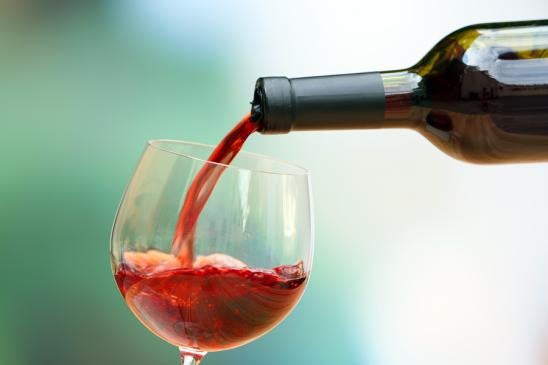Ever since beer distributors in Pennsylvania were permitted to sell growlers for off-premises consumption, which is loosely interpreted as a closed container by the Pa.L.C.B., there has been an influx of beer distributors installing slushie machines and selling malt beverage slushies. Now, are wine slushies fair game?
In a recent Legal Advisory Opinion from the Pa.L.C.B., a question was presented as to whether Pennsylvania restaurant licensees that hold an additional Wine Expanded Permit (“WEP”) can sell wine to go in a container with a sealed lid.
Specifically, the question related to whether a WEP permits the sale of wine slushies to go in a sealed container.
As a bit of background, a WEP can be obtained by any restaurant licensee in Pennsylvania and permits the sale of wine, or wine-based drinks, for off-premises consumption. The sales of wine cannot exceed 3,000 milliliters in a single transaction (typically 4 bottles of wine), similar to the 192-fluid ounce (two six-packs) limitation for off-premises beer sales by a restaurant licensee. The sale of wine and beer can occur during the same transaction so long as the respective volume limitations are met for each product. Interestingly, the statute authorizing the issuance of the WEP to restaurant licensees does not have any limitations on the sale of wine to go, other than that the sale prices must not be less than what the licensee paid for the product from the Pa.L.C.B.
Now that we have covered the law related to a WEP, what was the Pa.L.C.B.’s response to the question in the Legal Advisory Opinion?
The Pa.L.C.B. stated that, because there are no other limitations for a WEP other than selling 3,000 milliliters or less in a single transaction, a WEP holder can sell wine slushies to go in any container, and are not limited to sales of wine in the container it was purchased by the WEP holder. This would permit wine, or any other wine-based drinks without any other alcohol mixed in, to be poured in a cup with or without a lid and sold for off-premises consumption as long as the volume does not surpass 3,000 milliliters in a single transaction.
It is important to note, however, that your local municipality may have open container rules that the licensee or its consumers must follow. With the proliferation of malt beverage slushie sales at beer distributors, I have to imagine this is something the municipalities have dealt with and are aware of. As far as Pennsylvania state law, this legal opinion clearly permits WEP holders to serve wine or wine cocktails (without liquor) in “to go” containers.
Additionally, the Pennsylvania Liquor Code generally prohibits the fortification or adulteration of any liquor, which includes wine.
The Pa.L.C.B. will permit the mixing or infusing of liquor or wine, but such mixtures or infusions, which are mixed in large volumes, must be discarded at the end of the business day. The Pa.L.C.B. has issued numerous advisory opinions stating that adding ice or water to create malt beverage slushies in the slushie machine would be adulterating the original product, but it appears this Legal Advisory Opinion permits WEP holders to serve wine-based drinks for off-premises consumption. In fact, there have been previous opinions that Distributor licensees were not permitted to mix because they are not permitted to have on-premises sales, which restaurant licensees are permitted to do. Therefore, if a WEP holder must add ice or water to the slushie machine to freeze the wine to make wine slushies, it must be discarded daily at the end of the business day (11 p.m. for WEP sales). To the extent that the slushie, or wine cocktail, is a single-serve preparation, those products can be sold in any container for off-premises consumption to the extent permitted by local ordinance.
Finally, because slushie machines have been determined to be “dispensing systems” (like a malt beverage draft system) they must be cleaned in conformance with the Pennsylvania Liquor Code, which requires weekly cleaning depending on the system you are operating.



 i
i

